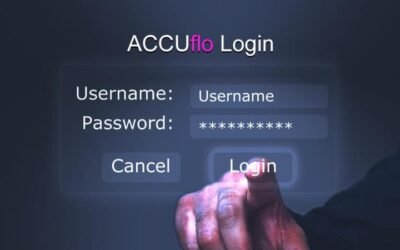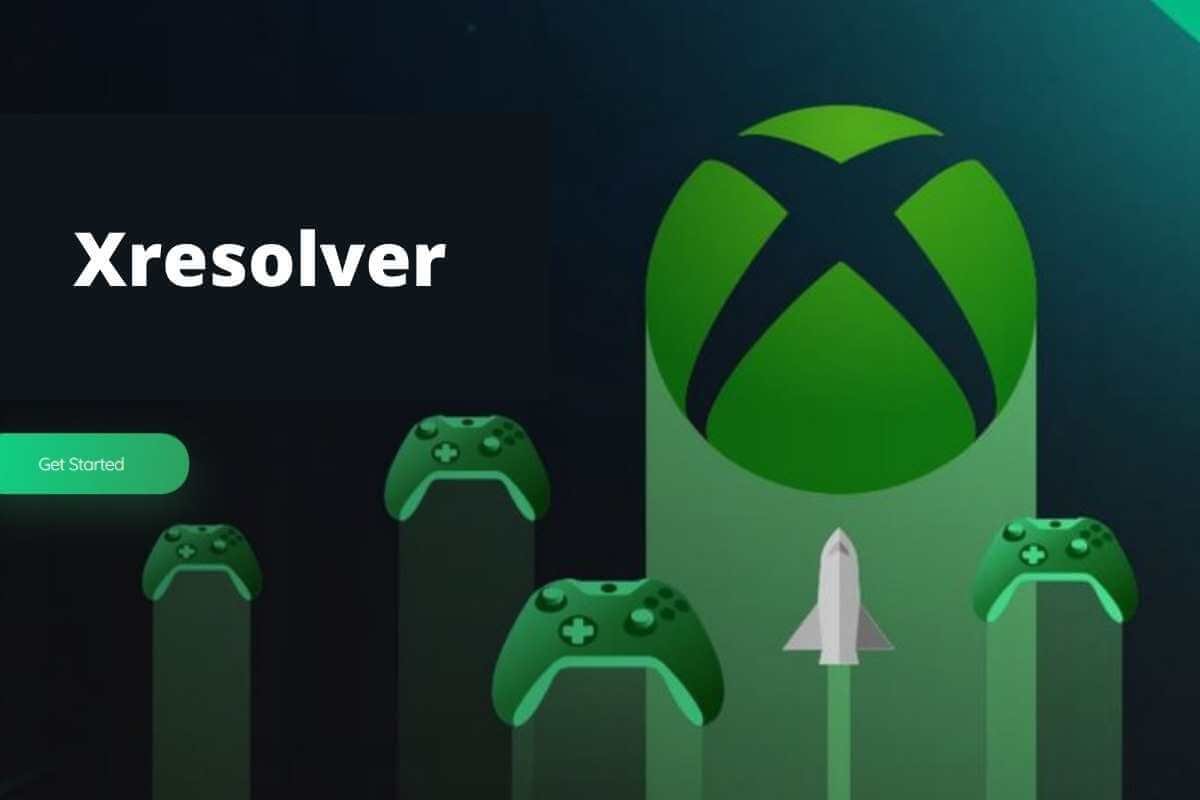In the world of online gaming, maintaining privacy and security is essential. One term that often surfaces in discussions about gaming privacy is resolver. For those unfamiliar, resolver is an online tool with a reputation for unexpectedly impacting gamers’ privacy. Whether you’re a seasoned gamer or new to online gaming, understanding resolver, how it works, and how to protect yourself from it can be critical to ensuring a safe online experience.
In this guide, we’ll explore resolver’s functions, how it impacts gamers, and how you can safeguard your information. Let’s explore this tool in depth and discover some practical ways to protect your gaming sessions.
What Exactly is xResolver?
resolver is an online database that collects and displays publicly available IP addresses associated with gamers’ usernames on popular platforms like PlayStation Network (PSN) and Xbox Live. Essentially, it pairs gamertags (usernames) with IP addresses, making it easier for anyone accessing the resolver to find another player’s IP address.
While resolver claims it only shares information publicly available online, this practice raises significant concerns for users, as IP addresses reveal approximate locations. This tool poses a privacy risk for players who want to stay anonymous online.
How Does xResolver Work?
xResolver collects IP addresses by using data from public sources and players themselves. Here’s a step-by-step look at how resolver operates:
- Gamertag Collection: resolver collects usernames or gamertags from players, especially those active on Xbox and PlayStation.
- IP Gathering: When players are connected to the same game server, IP addresses are visible to others. xResolver utilizes this to match IPs to Gamertags.
- Public Database: The IP addresses and Gamertags are then stored in a database accessible to anyone who searches on xResolver’s website.
- User Search: Users can type a gamertag on resolver to reveal associated IP addresses and locations.
With this structure, resolver turns into a powerful tool for locating players’ IP addresses, which can lead to privacy issues and potential misuse by malicious users.
Is xResolver Legal?
One of the most common questions surrounding resolver is whether it’s legal. The short answer is that the resolver operates in a gray area. While sharing publicly available information isn’t illegal, the potential misuse of this information raises concerns. Here’s what you should know:
- Public Information: Technicalresolverlver only displays information that is available to the public.
- Data Collection: Since it doesn’t hack or steal data, rthe esolver argues it’s within its rights to host this information.
- Privacy Risks: While not illegal, many see the sharing of IP addresses as a violation of privacy, significantly since IP addresses can help narrow down a user’s location.
The Impact of resolver on Gamers
For gamers, having an IP address exposed on a resolver can be unsettling. Here’s how it might impact players:
- Privacy Concerns: An IP address can give away a player’s approximate location, which can be used to harass or track individuals.
- DDoS Attacks: With access to IP addresses, malicious users can initiate Distributed Denial of Service (DDoS) attacks, causing connection lags or forcing players offline.
- Gaming Experience: Constant disruptions can degrade the gaming experience, making it less enjoyable.
These risks highlight the importance of privacy protection when gaming online, and xResolver’s database only amplifies these concerns.
Ways to Protect Yourself from Resolver
Fortunately, there are several strategies you can use to reduce your exposure and enhance your online privacy. Here are some effective methods to keep your IP address safe from resolver and similar services:
Use a Virtual Private Network (VPN)
A VPN is one of the best tools to safeguard your IP address. Here’s why:
- IP Masking: VPNs mask your IP address by redirecting your connection through a server in a different location.
- Secure Connection: VPNs encrypt your data, making it difficult for malicious users to access your IP.
- Anonymity: VPNs help you remain anonymous by concealing your real IP and preventing the resolver from linking your Gamertag to your actual location.
Some popular VPNs recommended for gaming include NordVPN, ExpressVPN, and CyberGhost. You can game confidently without fear of IP exposure with a reliable VPN.
Avoid Sharing Gamertags Publicly
While it may seem harmless, sharing your gamertag online can open you to unwanted attention from platforms like xResolver. Here are a few tips:
- Avoid Social Media: Don’t share your Gamertag on social media or public forums.
- Keep Gamertags Private: If possible, only share your Gamertag with close friends and teammates you trust.
- Use Nicknames: For a casual gaming experience, consider using a less recognizable nickname rather than your primary gamertag.
Switch to IPv6
Most IP addresses visible on the resolver are IPv4 addresses. However, if your network supports IPv6, this can be an additional layer of protection. IPv6 addresses are typically inaccessible by tools like resolver, making it harder for malicious users to locate your IP.
Change Your IP Address Regularly
Regularly changing your IP address is another way to stay safe. You can do this by:
- Restarting Your Router: Simply rebooting your router often changes your IP.
- Contacting Your ISP: Many Internet Service Providers (ISPs) can change your IP address upon request.
- Using Dynamic IPs: If available, enable dynamic IP addressing on your network.
Using Resolver for Ethical Purposes
It’s worth mentioning that not everyone uses resolver with malicious intent. Here are a few ethical uses for resolver:
- Network Troubleshooting: In some cases, knowing a player’s IP can assist in resolving connection issues.
- Security Analysis: Network administrators may use a resolver to test security measures and identify vulnerabilities.
- Self-Monitoring: Some gamers use a resolver to check their IP visibility and ensure they aren’t exposed to security risks.
Understanding both sides of the resolver can help players use the platform responsibly, recognizing its potential risks while also seeing its potential as a legitimate tool.
Risks of Using Resolver
Despite its legitimate uses, using a resolver does come with some inherent risks:
- Exposure to Personal Attacks: Anyone with access to a resolver can find players’ IP addresses, making it easier for them to engage in personal harassment.
- Possible Legal Repercussions: In some regions, misusing resolvers could lead to legal consequences, mainly if used to launch cyber attacks.
- Data Vulnerability: Using a resolver, whether to monitor your IP or others, places your information in a public database, increasing the risk of data theft.
Awareness of these risks is crucial in making an informed choice about interacting with the resolver.
Can You Remove Your IP from xResolver?
Many users want to know if removing their IP from xResolver’s database is possible. While the platform does not provide direct deletion options, here are a few tips to protect your privacy:
- Reach out to xResolver: Some users claim they can remove IP data by contacting xResolver’s support team. However, there is no official policy guaranteeing this.
- Use a VPN: As previously mentioned, it masks your IP, making it difficult for anyone to trace it back to the resolver.
- Switch Gamertags: If your Gamertag is heavily linked to your IP address on resolver, changing it can help avoid future tracking.
Alternatives to resolver
For those interested in legitimate IP lookup tools that don’t infringe on privacy, there are alternative services available:
ToolFeaturesPrivacy Standards
Wireshark Network analysis and troubleshooting High, as it’s used mainly for local network
Angry IP Scanner scans local IPs for security checks. It is medium and suitable for private use.
Nmap Network scanning and security testing are highly and widely used for ethical purposes.
Unlike resolver, these tools are primarily used for network management and troubleshooting, minimizing users’ privacy concerns.
Final Thoughts on Resolver
The topic of resolver raises important questions about privacy, gaming security, and the potential misuse of public information. While tools like resolveResolverrve ethical purposes also pose risks to personal privacy. By understanding how resolver works and adopting preventive measures such as using VPNs, you can better protect yourself from the potential downsides of this service.
In the end, the resolver serves as a reminder of the importance of online privacy and the need for safe gaming practices. With knowledge, preparation, and careful internet use, you can navigate the gaming world securely and avoid the risks associated with IP tracking.































